A common FAQ is “What Should I Practice?”. But a more important SAQ (“should ask question”) is “Why Do I Practice?”.
Many have defined practicing as “the act of rehearsing a behavior over and over, or engaging in an activity again and again, for the purpose of improving or mastering it, as in the phrase ‘practice makes perfect’”. While that may be the case with cooking, shooting a basketball, and even classical piano practice — jazz piano practice serves a different underlying purpose that we will examine.
What separates jazz from some other styles of music is that it is a music of the moment — ‘spontaneous creativity’. So the goal of practicing jazz is to best equip yourself to spontaneously create. There is a fine balance between over-practicing to the point that your playing becomes rote, and practicing to the point that allows you to have the proper tools at your disposal to create in the moment.
The underlying purpose of practicing jazz is to slow down the process and extract your internal information. As Hal Galper says, “the goals of practicing are to develop one’s internal processes. The goal of playing is to use these processes as performance tools. A instrument is an input device used to train internal processes, like the keyboard of a computer. When performing, an instrument acts like a computer’s printer. It is the output device. The internal processes can be compared to software code that you’re constantly writing and rewriting.”
The aim is to achieve highest level of awareness in order to attain highest level of control. Renowned bassist Anthony Wellington believes there are 4 Levels of Awareness as it applies to getting better on the instrument:
- Unconscious Not Knowing: (blissful state)
- a child-like ignorance where you don’t even know what it is you don’t know (when you first get a new instrument for example)
- Conscious Not Knowing:
- when you realize or have been made aware of (by an instructor) everything it is you don’t know
- Conscious Knowing:
- when you know some information (scales, chords, pentatonics, etc), but are very aware of what it is you are doing when implementing
- Unconscious Knowing: (blissful state)
- when what you know is ingrained so well that you don’t even have to think about it
So there are only two blissful states in Wellington’s 4 Levels of Awareness. As Anthony says, “once you get out of that first level, the only way to get back to that blissful state of playing music is to take it all the way through”. While it may seem like a daunting task, no matter how big or small the information is you can know it unconsciously. Even if it’s just a major triad, you can know it so well that you don’t have to think about it anymore.
Pianist Bill Evans affirms Anthony Wellington’s philosophy that once you make the information you practice subconscious you can “then express yourself” [in performance] https://herenapotheek.nl/. Furthermore, Bill believes “most people just don’t realize the immensity of the problem and either because they can’t conquer it immediately they think that they haven’t got the ability or [because they are] so impatient they never see it through. But if you do understand the problem, then you can then enjoy your whole trip through [the 4 stages of awareness]” (Bill Evans).
So ask yourself, why do you practice? Is it to get better? Is it because you were told you should? Ultimately, the reason to practice jazz piano is to have the tools at your disposal in order to create spontaneously so that you are not frantic in the moment. The purpose is to achieve a high level of control and subsequently achieve the highest level of awareness: “unconscious unknowing”.
Bijan Taghavi is a pianist, composer, and educator currently based in New York, NY. For more information visit: BijanJazz.com.


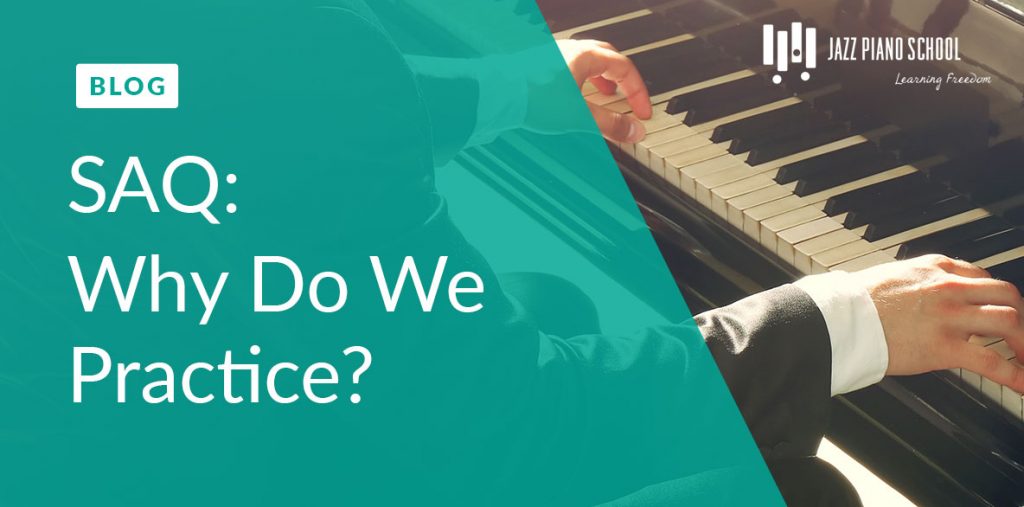
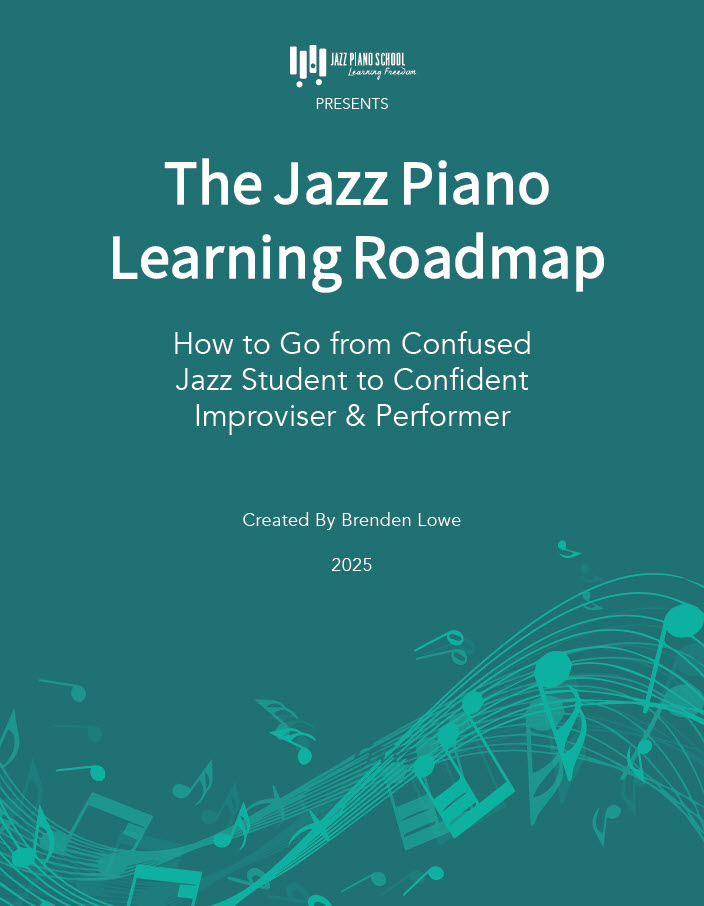
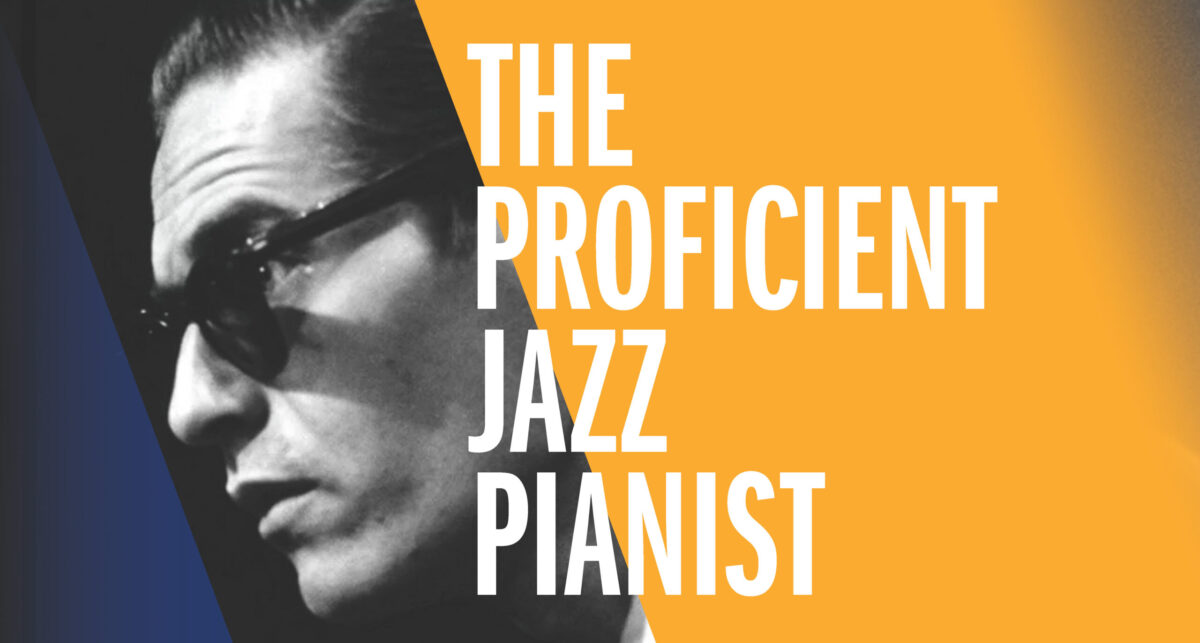
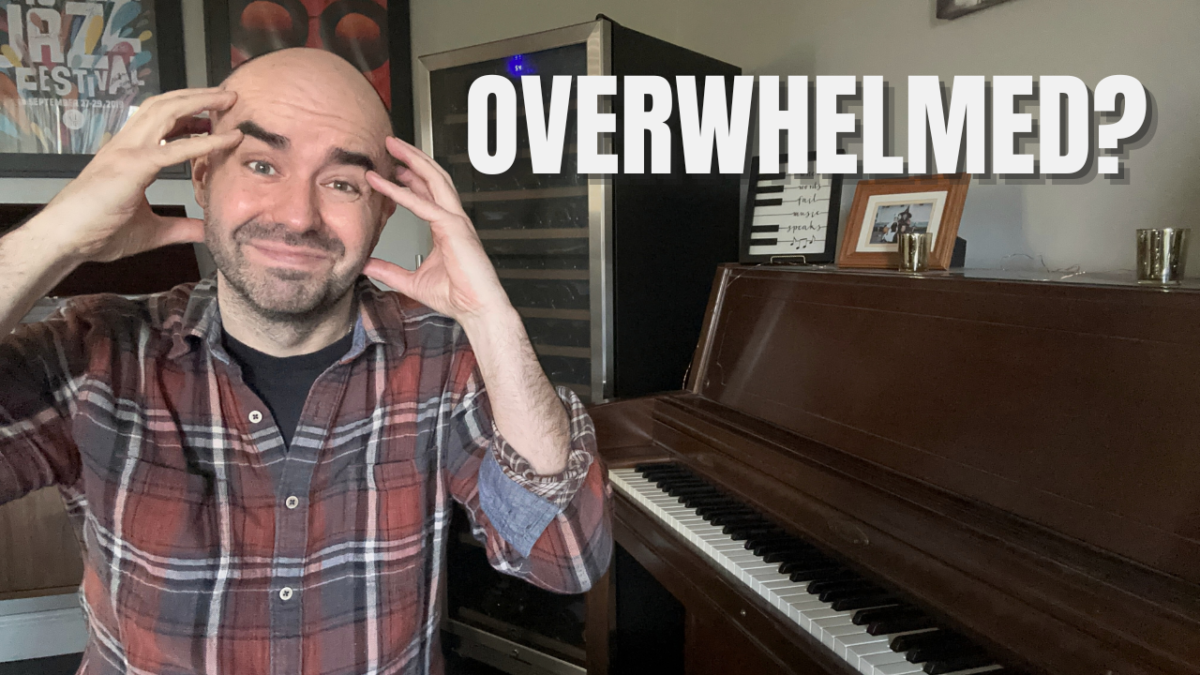
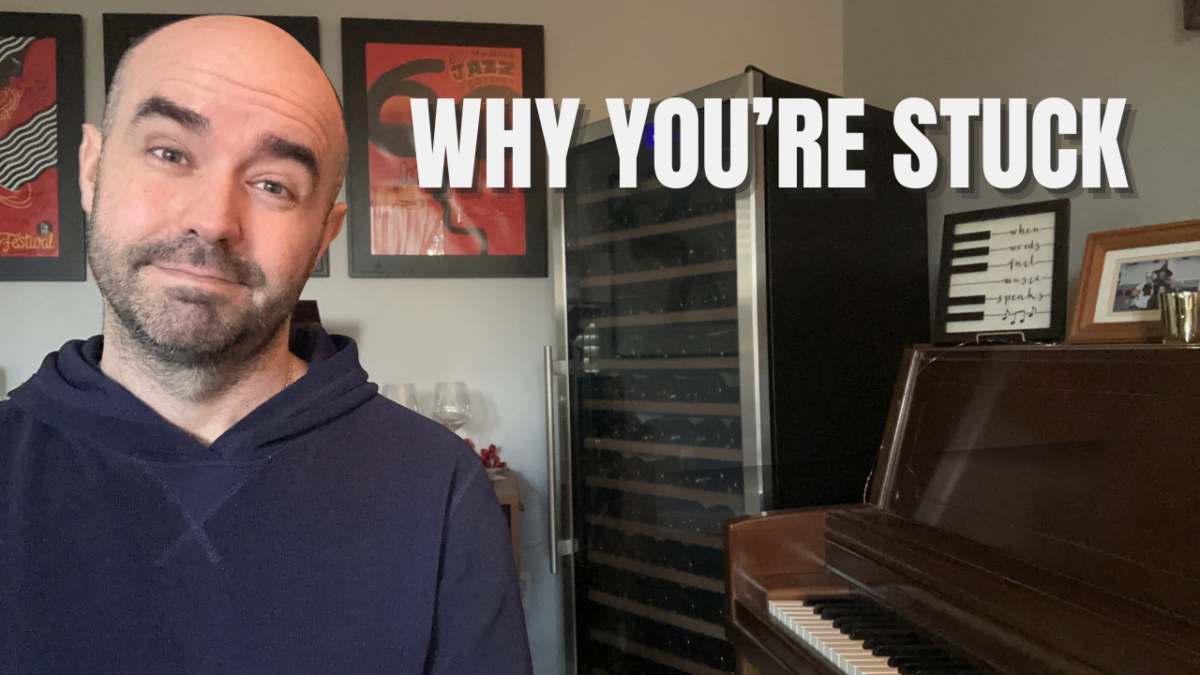
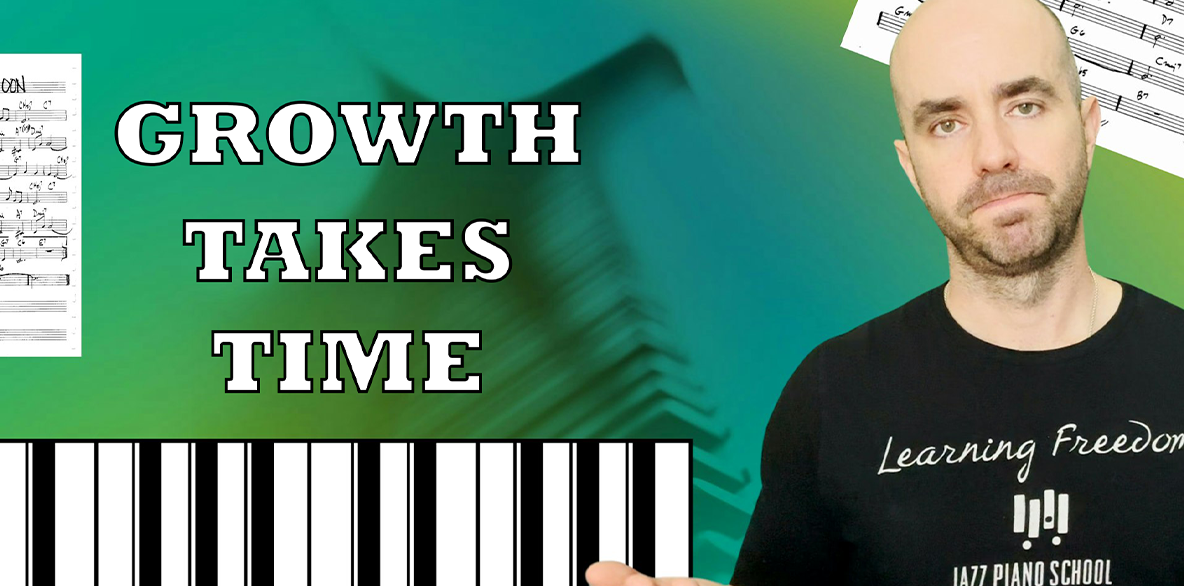

2 Responses
Thank you for sharing this kind of blog. Really inspires me and hopefully to everyone who reads this, In every step needs more practice to make the task successful. Grateful for your tips and guidance.
Thanks for your support George! I’m glad it’s inspiring and motivating. Will keep dishing out the free content. 🙂